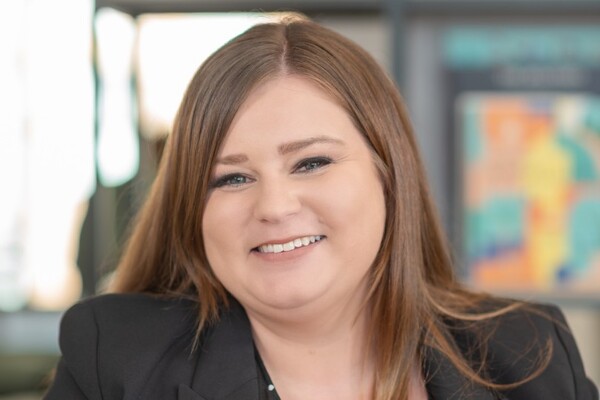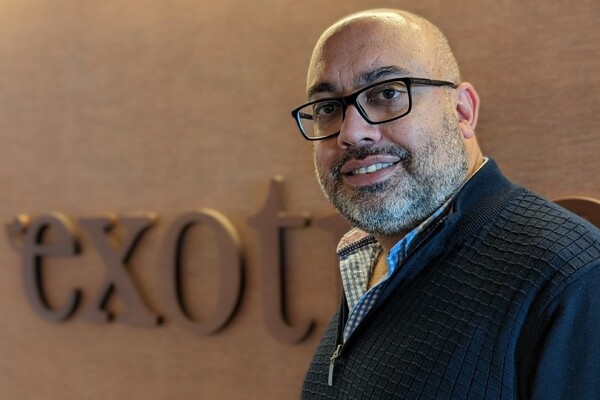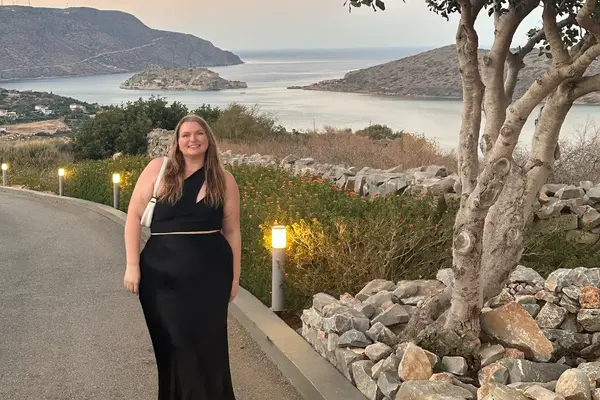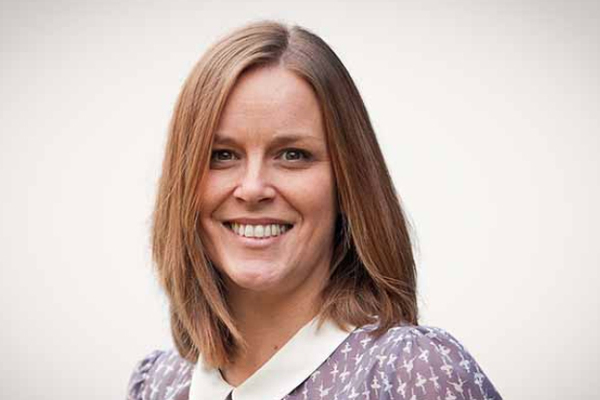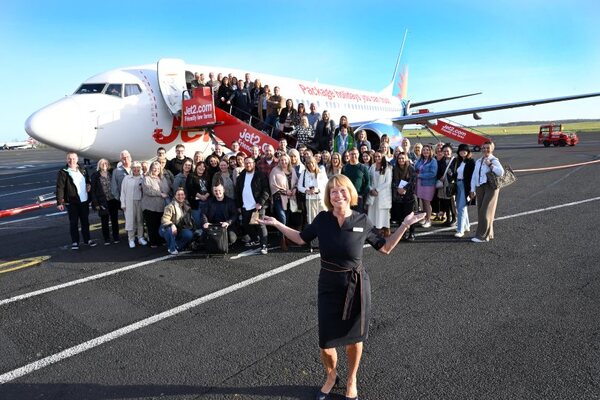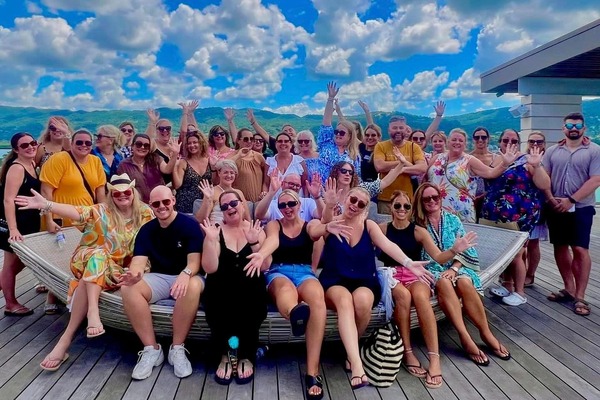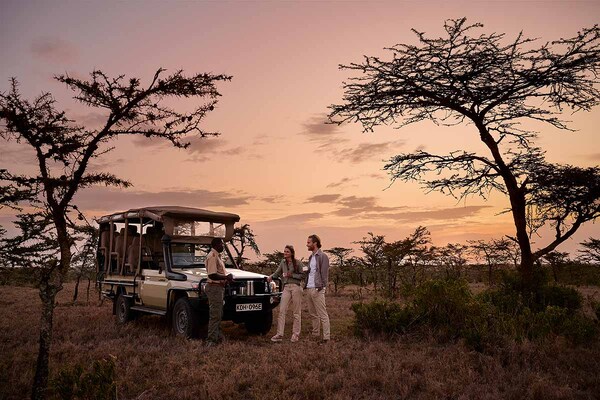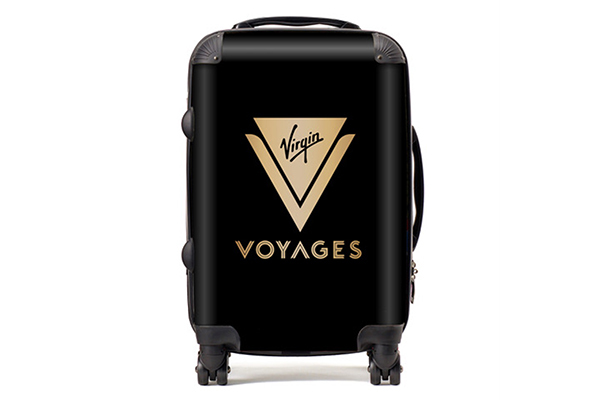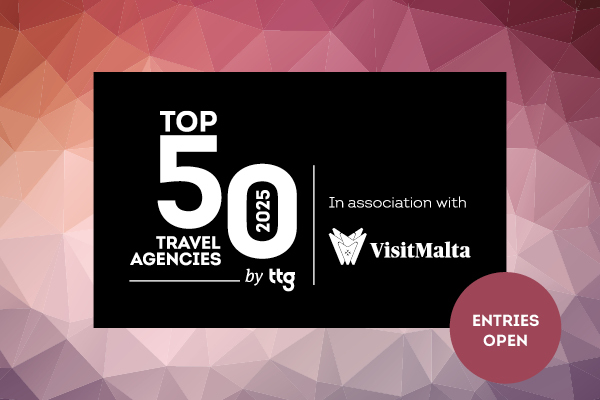Why some of travel's biggest brands are turning – or returning – to the trade
 Gary Noakes
Gary NoakesIndependent agents can expect more old-school visits from suppliers next year, with a slew of brands vowing to either return to the trade – or start working with agents for the first time.
The reasons are many, including marketing efficiencies and increased rates of conversion. Knowledgeable agents can also be extensions of an operator’s reservations team. If the internet was destined to kill off the travel agent, it hasn’t succeeded.
Broadly speaking, the operators turning to the trade also tend to be higher-end, meaning the commissions paid are well worth canny agents’ effort.
Exoticca managing director Neil Sealy is a big advocate of agents. A former Exsus Travel head of trade sales, Sealy took up his role with touring specialist Exoticca in April, and has already made overtures to the trade.
“You can spend a lot of money acquiring direct clients, whereas by working with agents, that investment is a relationship – one agent brings a lot more business than just one client," he reasons.
"Obviously, you pay agents commission and have to have price parity, but it’s easier to measure your return on cost on trade sales because you simply invest a fixed amount in promotion and only pay commission when you get the sale."
Sealy describes digital marketing as “quite speculative”. "With the trade, you see where your money is going," he continues. "It may cost a little bit more, but you can measure your return more accurately, and it’s a long-term relationship.”
More are thinking on these lines. Wildfoot Travel, which started out as a polar specialist and offers a 19-night, £30,000 Falklands, Antarctica and South Georgia voyage, started selling through the trade in September after 34 years.
Commercial director James Turner tells TTG he expects to work with 120 agents, 30 of them very closely, adding: “Our products can be £8,000 to £10,000 a head, so it’s very lucrative."
The same applies to Scott Dunn, which will start selling through the trade in the new year following its £121 million acquisition by Flight Centre back in January.
Flight Centre said it had been attracted by "large average booking values and strong levels of repeat bookings", factors that will appeal to agents. They can expect lots of activity from Scott Dunn, with Flight Centre describing the operator as a “scalable” brand, so growth is clearly on the agenda.
Chief executive Sonia Davies says wholesaling packages within the Flight Centre group had served as a "soft launch". “This is allowing us to understand what retail agents need from us."
Another convert is Flash Pack, a specialist in small group trips for 30- to 40-something solo travellers. It first approached agents in August, offering 12% commission, and access to a dedicated consultant.
In October, it secured £5 million in venture capital funding, which will – in part – support its trade launch. It now has a staff member dedicated to building agent partnerships, and will launch to the trade in January.
Audley Travel was a pre-Covid convert to the trade following the appointment of former Tui UK and Ireland boss Nick Longman in late 2018.
"Audley had sold through the trade, but never in a particularly proactive way," says trade sales manager Greg Thurston, who joined the business just as Covid hit. "It was towards the end of 2021 we started to ramp things up.
"Independent agents and homeworkers have a very high-level client base," he continues. "Those clients really trust their recommendations. We’re never going to reach them without independent agents recommending us. Also, we have a southeast-leaning client base, so this allows us to reach other parts of the UK.
"We felt that because good agents spend quality time talking about itineraries, it was very well suited to our style. We’re good at talking to clients and good agents have the same ethos.”
’Effective way of doing business’
Audley has increased trade sales from less than 1% of its business mix to 5%. “That seems small, but it continues to grow," Thurston reasons. "For a business of our size, that percentage is probably more than many others currently do with the trade. It has tripled since pre-Covid.”
A traditional barrier to selling through the trade has been the cost of paying commission, but Thurston disputes this. “It’s a very effective way of doing business. You only pay commission when it’s actually booked.
"Compare that with Google, where you pay out when you get a lead. Plus, the rate of conversion [with agents] is considerably higher. You can convert five times better with agents than with Google Ads.”
A potential downside for operators turning to agents is breaking direct contact with their in-house country specialists. “It’s a challenge, because that’s one of our selling points,” Thurston admits. “We can set up three-way calls, but not many agents take us up on that.”
Jules Verne switched on trade sales in January, and has also not looked back. “I always knew it would land well," says Abbey Renshaw, business development and communications manager.
"The feedback from agents is that they were waiting for someone like us to enter the market. We’ve not really got a direct competitor; we market to people’s interests and the customer demographic.
"I’ve done 65 agent trainings this year already. I tell agents to market to the person and their hobbies rather than say, 'it’s just an escorted tour'.”
The operator was an instant hit, with a huge 23% of sales coming from agents in January, which has now settled at around 17%. “To even hit 10% flabbergasted me,” Renshaw admits.
'Ten-fold' benefit
Moreover, average booking value is around 45% higher than direct sales. “That shocked me," says Renshaw. "It’s probably due to agents offering upgrades our direct bookers aren't even thinking about. We’ve seen our investment in agents come back ten-fold.”
Like Audley, Jules Verne has found agents have extended its geographical reach beyond the southeast. Such was the demand for Renshaw's time in the north, Jules Verne appointed a Manchester-based account manager, Rhianne Richardson, in October. "This was never in the plan," Renshaw continues. "We weren't going to have a trade team until Q4 next year.”
Jules Verne has just run its first agent fam, to Egypt, and is planning another to Uzbekistan, traditionally among its top 10 destinations. “Agents are realising we do the weird and wonderful," Renshaw adds. "If you can’t pronounce it or spell it, we probably sell it.”
Despite these successes, there will always be agents suspicious of direct-sell operators, particularly new brands trying to break the market or those that have previously ditched the trade.
The most high-profile case is Tui, which in June admitted it was “missing out on part of the market” by not working with independent agents having born witness to Jet2holidays' success.
Five new Tui trade relations managers are now out and about persuading agents to help shift the extra 1.1 million seats it has put on sale for summer 2024.
No 'flash in the pan'
Sealy, who grew Exsus Travel's trade mix to around 80%, understands agents' hesitation. “There are those that have come back when they discovered they needed the business, such as when Covid hit," he says.
"I think agents are naturally wary that if a new brand comes to them, a couple of years later – having built up a client base – they’ll disappear.”
However, he stresses: “The relationship is worth more than trying to steal a few clients. You will still never get the volume of business over a period of time you get from a travel agent.”
Thurston shares his conviction: “Agents have been fantastic for us. This is not a flash in the pan, we’re looking to support them long-term."
Sign up for weekday travel news and analysis straight to your inbox

Gary Noakes
Supplier Directory
Find contacts for 260+ travel suppliers. Type name, company or destination.


